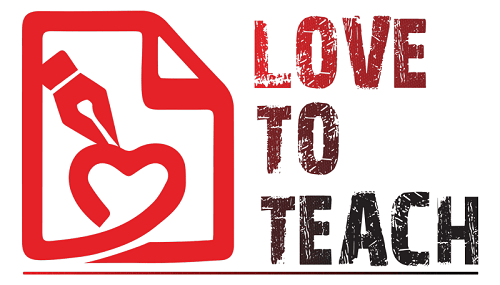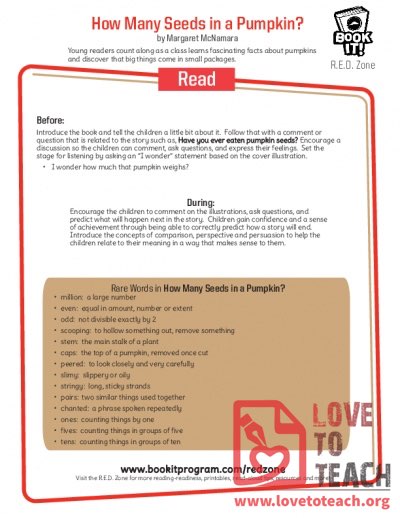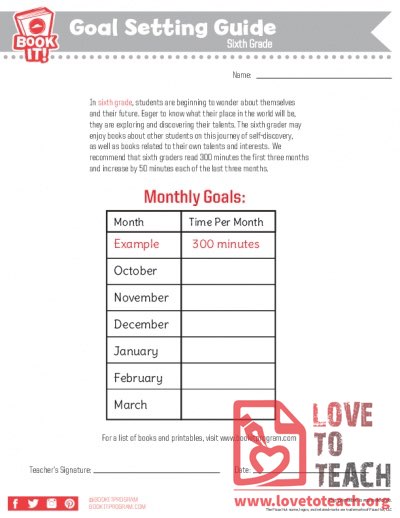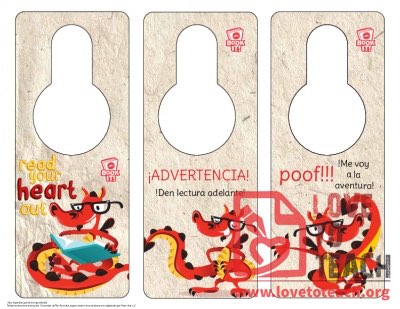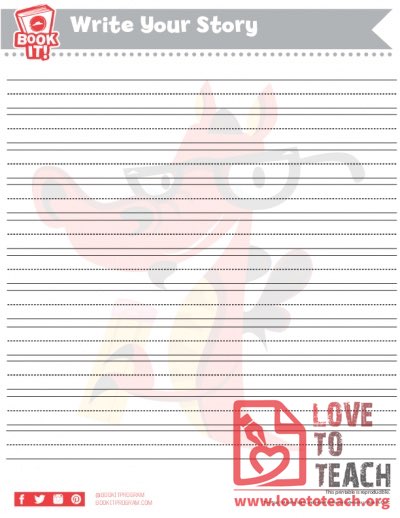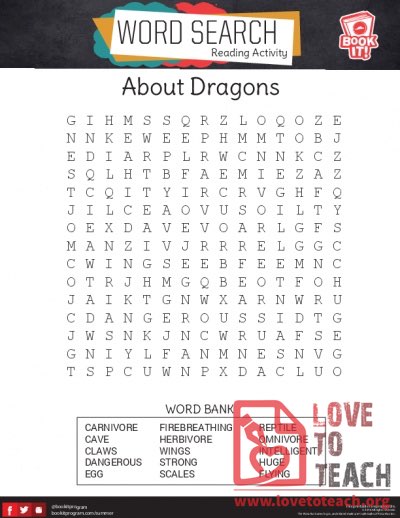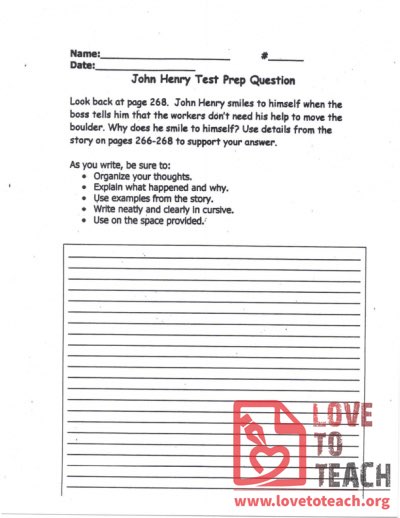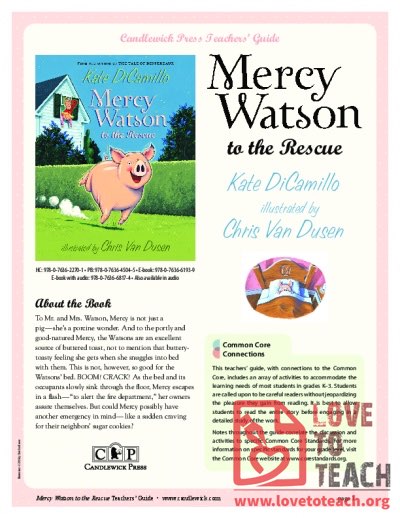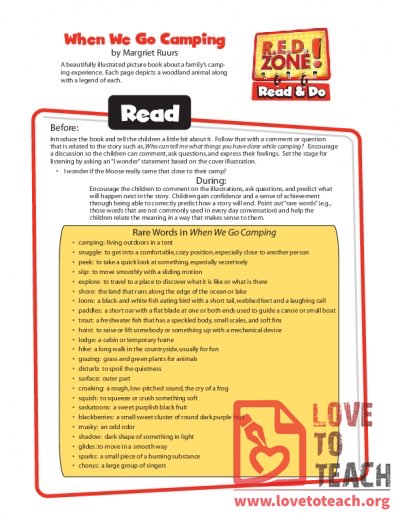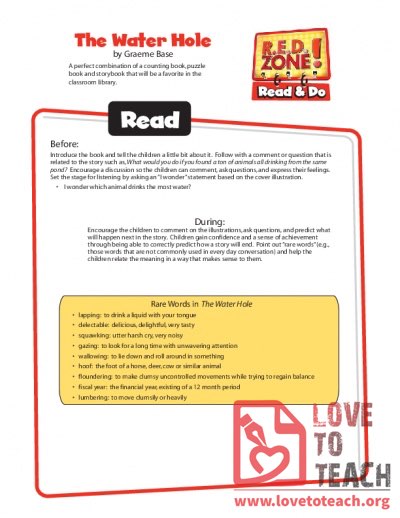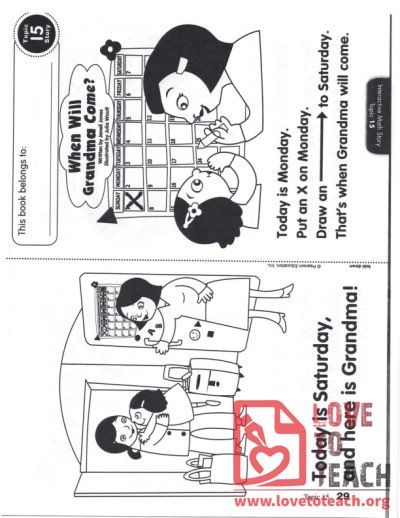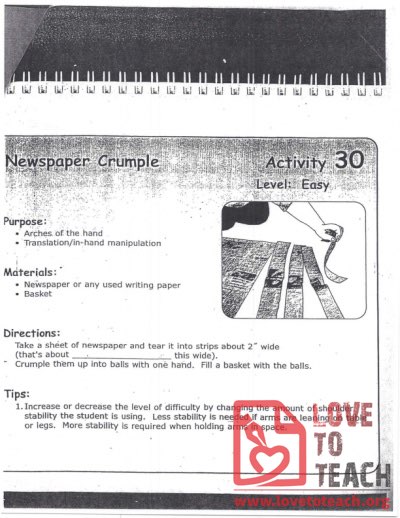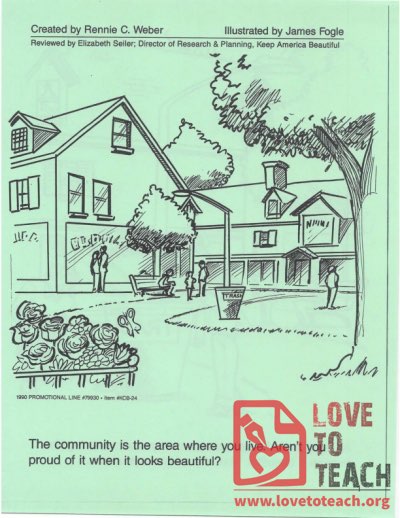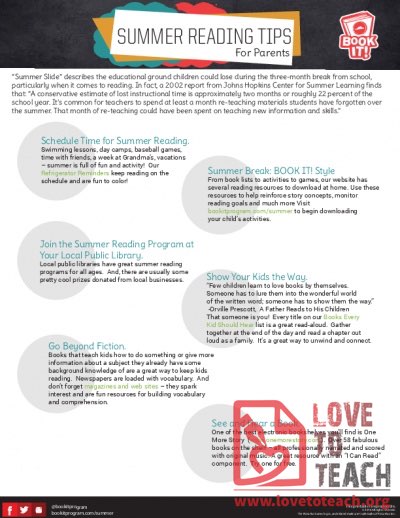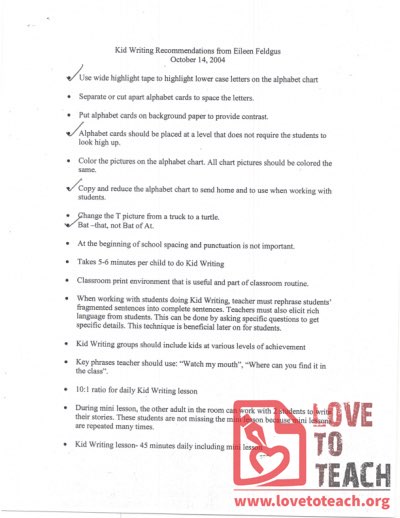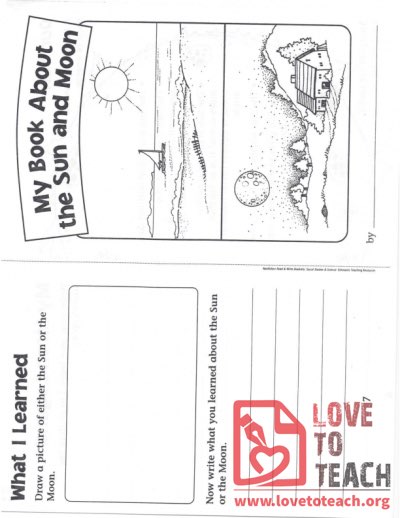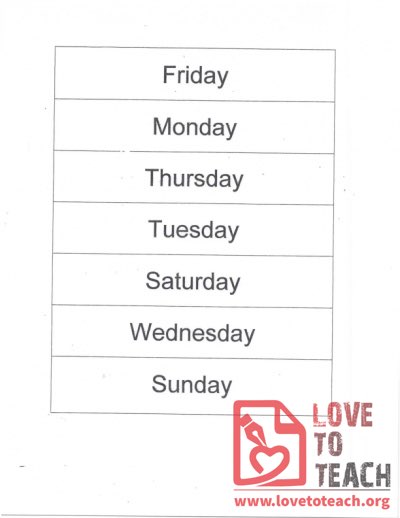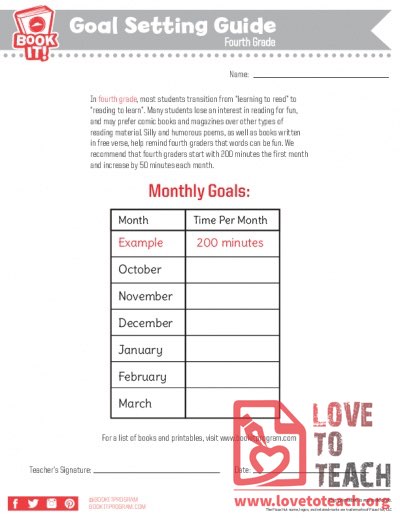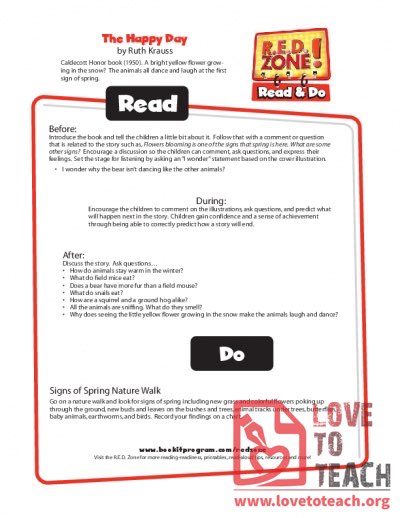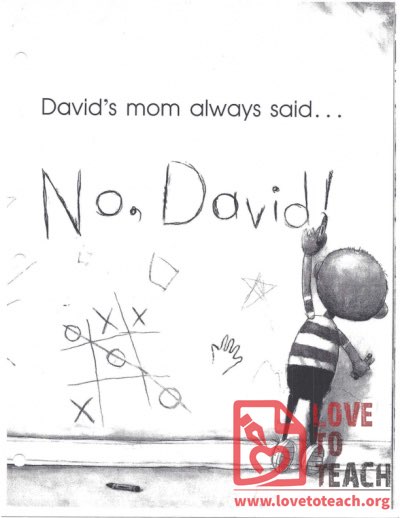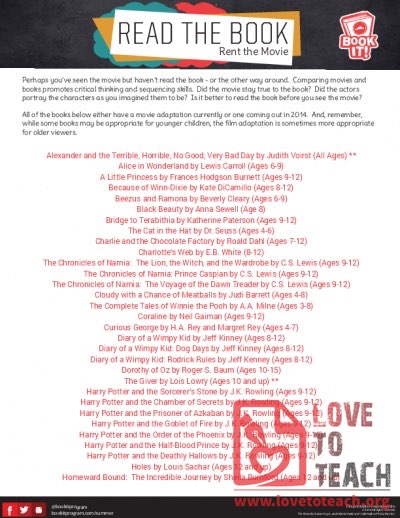Reading (954)
Welcome to Love to Teach's Reading Resources hub, where educators can find a treasure trove of materials to foster literacy skills in their students. Whether you're focusing on phonics, comprehension, or literary analysis, our curated collection has something for every level and interest. Dive into our comprehensive selection of lesson plans, worksheets, interactive games, and more, designed to ignite a love for reading and cultivate critical thinking.
by Margaret McNamara - Young readers count along as a class learns fascinating facts about pumpkins and discover that big things can come in small packages.
In sixth grade, students are beginning to wonder about themselves and their future. Eager to know what their place in the world will be, they are exploring and discovering their talents. The sixth grader may enjoy books about other students on this journey of self-discovery, as well as books related to their own talents and interests. We recommend that sixth graders read 300 minutes the first three months and increase by 50 minutes each of the last three months.
John Henry smiles to himself when the boss tells him that the workers don't need his help to move the boulder. Why does he smile to himself? Use details from the story to support your answer.
The community is the area where you live. Aren't you proud of it when it looks beautiful? All the people living in a community must work together to keep it beautiful. You, too, must do your part.
Use wide highlight tape to highlight lowercase letters on the alphabet chart. Separate or cut apart alphabet cards to space the letters Put alphabet cards on background paper to provide contrast... (3 page packet)
One page printable with days of the week, random order
In fourth grade, most students transition from “learning to read” to “reading to learn”. Many students lose an interest in reading for fun, and may prefer comic books and magazines over other types of reading material. Silly and humorous poems, as well as books written in free verse, help remind fourth graders that words can be fun. We recommend that fourth graders start with 200 minutes the first month and increase by 50 minutes each month.
Perhaps you’ve seen the movie but haven’t read the book - or the other way around. Comparing movies and books promotes critical thinking and sequencing skills. Did the movie stay true to the book? Did the actors portray the characters as you imagined them to be? Is it better to read the book before you see the movie? All of the books below either have a movie adaptation currently or one coming out in 2014. And, remember, while some books may be appropriate for younger children, the film adaptation is sometimes more appropriate for older viewers
Page 38 of 48
